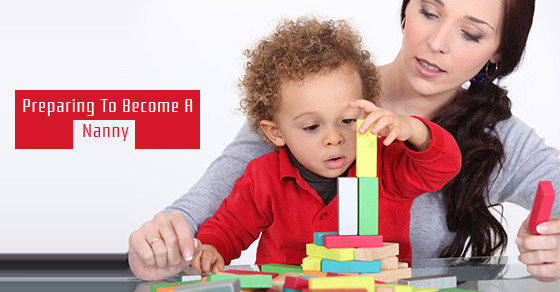Nannying 101: What to Know About Your First Day
When you’re nannying for a new family, your first day will be the busiest and most anxious, not only for you, but also for the household you’re coming into as well. To keep from forgetting something important, take a look at our handy checklist:

Before Your First Day
-
- Get Insured. If you are going to drive the family car, you need to be insured to do so. Ask the family where to find the insurance, and double-check with them that it covers additional drivers. However, car insurance is only the beginning. Either your or your employers should provide liability insurance against accidents and damages.
- Sign an Agreement. Signed agreements prevent misunderstandings and protect both sides. It’s best to arrange it early so both sides have a chance to read and consider the terms.
- Obtain School Permissions. Most schools require a bunch of paperwork for anyone to pick up children or otherwise enter school property. Sort this out a day or two in advance.
- Sort out Medical Matters. Ask the family to prepare a medical release giving you the discretion to bring children in for treatment.
- Learn Parenting Policies. Nannying is much more complicated than babysitting- not only do you need to know about bedtime, study-time, TV-time, and other factors, but also about general parenting strategies.
Some questions to ask include:
-
- Are playdates allowed? When? With whom?
- What level of discipline is customary in the house? What are the important boundaries?
- For younger children, what is the bathing schedule?
- Are there limits to screen time?
- What medication is safe to use with the kids? Would you like me to ask parental approval each time before I administer?
- Does anyone have any allergies? Is an Epi Pen required? If so, where is it kept or does the child need to carry one at all times?
When you Arrive the First Day
- Take the Tour. It’s simple enough: look around the house, learn how to use the appliances, ask lots of questions.
- Note the Emergency Supplies. Make sure you know how to find the fire extinguisher, first aid kit, and flashlight.
- Learn About the Pets. Most pets will require some care during the day, even if it’s not explicitly a part of your job. For example, even if walking a dog isn’t your job, it may occasionally have an emergency and need to be taken out. Even if you never have to feed a cat, you may need to limit its movements or prevent it from shredding furniture.
- Get the Keys. You’d be surprised how often both clients and nannies forget this one. Some families prefer to use gate and garage codes. If you write these down, remember to destroy them once you have finished memorizing them.
- Record All the Numbers. There will be a ton of numbers to keep in mind: family doctors, neighbors, schools, vets, relatives, and other similar contacts. Put the numbers in a special contact folder on your phone so you have them in an emergency.
- Learn Allergies and Sensitivities. This will affect what you cook and which cleaning products you use.
Above all, take your time! Clients want to show you the ropes and won’t mind explaining everything in detail. Take notes if you need. It’s better to learn something on the first day than have to call clients after a crisis has developed.
October 9, 2015
© Diamond Personnel 2023 | Privacy Policies | T&C's I Disclaimer I Designed by The Carlyle Creative
follow along
Inquire
As Canada’s leading nanny, eldercare, and household staffing agency for over 35 years, we give you the confidence to select only the best so you can find the right fit for your family — the first time.